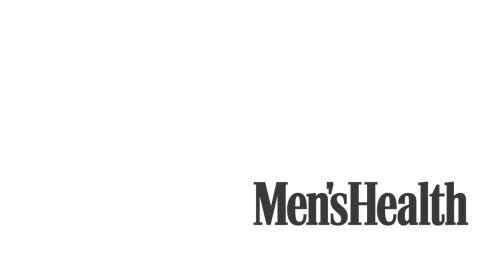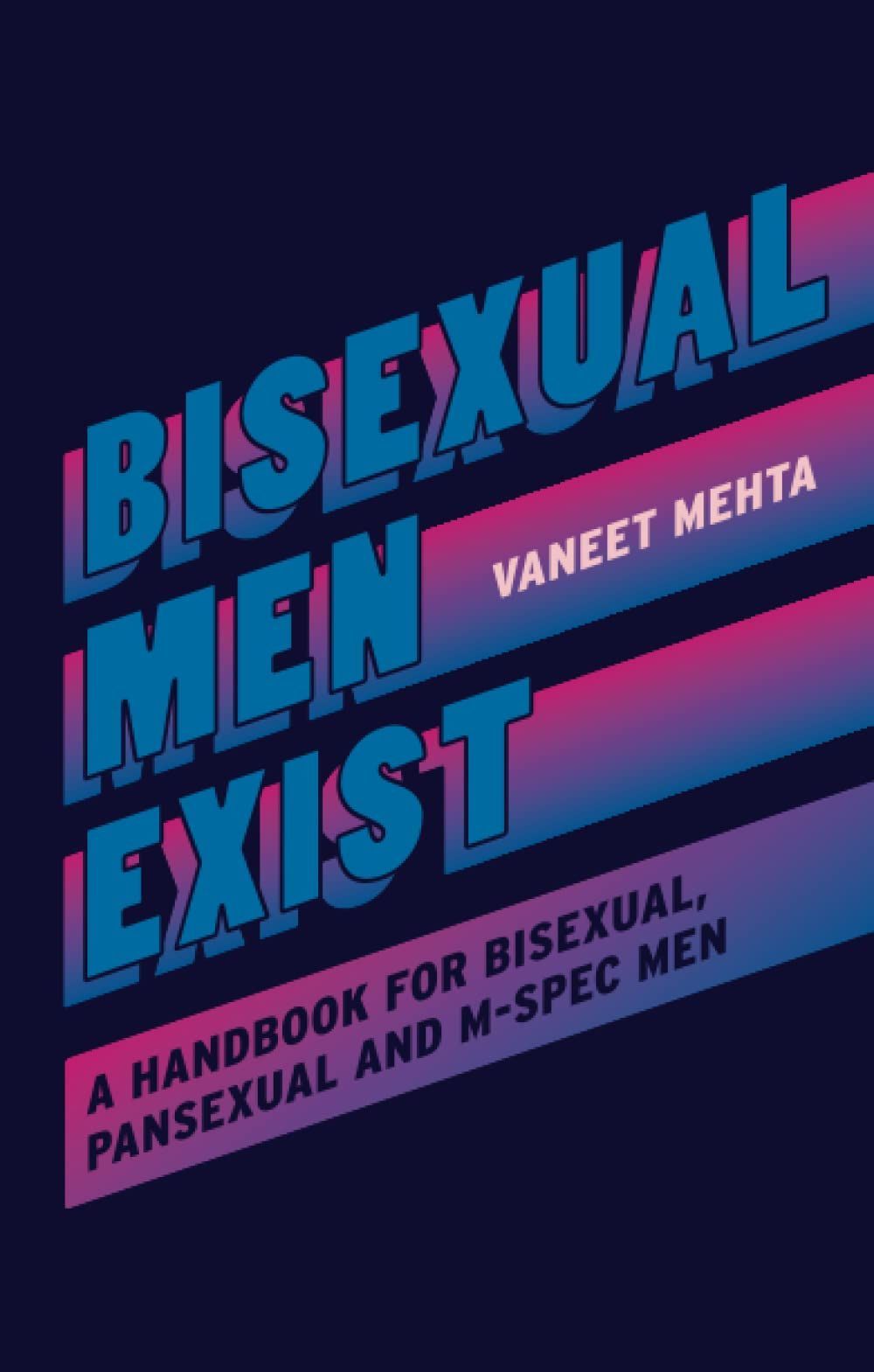The first time I had feelings for a boy, I was 11 years old. I already had crushes on girls in my class and wasn’t yet aware of bisexuality, so I had no clue what this meant. As far as I was concerned, there were only two options: straight or gay. I tried to fit my feelings into one of these labels, so I hid my attraction to men and identified as straight.
It wasn’t until I turned 17 that I learned of the term “bisexual.” Someone in my class had come out as bicurious, and that opened up my world. However, my world quickly closed up again once I saw the reaction she received from classmates. She was ridiculed, mocked. Everyone thought she was seeking attention. They said that if she was gay, she should just say it.
I internalized this moment for years. I couldn’t see bisexuality as valid if no one else did. I didn’t see myself reflected in society either, as there were little to no bisexual people in the public eye (or at least none that I was aware of). I didn’t see bisexuality in any of the shows I watched or the books I read. I felt alone and it nearly killed me. I didn’t come out as bisexual until 2017, at age 25, when I determined that there was no way to deny my feelings anymore.
More From Men’s Health

I was reminded of this time in my life when Lil Nas X tweeted earlier this week, “be fr would y’all be mad at me if i thought i was a little bisexual.” While it was originally unclear if he officially came out as bisexual, he followed up this tweet 24 hours later with another one: “that was my last time coming out the closet i promise,” referring to the time he came out as gay in 2019. So I, along with many of his fans, have taken this as confirmation of his bisexuality.
This is an exciting moment for Lil Nas X, who’s embracing his sexual fluidity, but it’s also a significant moment for the bisexual community—in particular, bisexual men like myself. According to the Pew Research Center’s 2013 survey on LGBT Americans, only 28 percent of bisexual people are out to the most important people in their lives. That number is even smaller for bisexual men at a staggering 12 percent. (It’s unclear if this number has since increased as there’s been limited data published on the topic in recent years.) When you compare this to gay men at 77 percent and lesbian women at 71 percent, bisexual men are distinct outliers.
There are several reasons for this. In general, bisexuality is often delegitimized—even within the LGBTQIA+ community itself. Despite countless studies conducted that confirm bisexual people are nearly as numerous and, as of 2022, even outnumber gay and lesbian people in the U.S., bisexuality is seen as invalid or a phase. This leads to bisexual people constantly having to deal with bi erasure.
The way this erasure typically manifests with bisexual men is through the idea that we’re actually gay men and just in the closet. There is a very cisnormative concept called phallocentrism, which perpetuates the idea that a person’s sexuality is defined by their sexual activities with a penis. So the fact that bisexual men are attracted to men, and therefore are assumed to have had sex with a penis, means that they are supposedly gay. Their sexual experiences with people of other genders and how they describe themselves and their sexuality are completely ignored.
This stigma against bisexual men dates back all the way back to the AIDS crisis in the ‘80s. During this time, LGBTQIA+ people were disproportionately impacted by the disease and HIV was referred to as “gay cancer.” As HIV started to affect straight people as well, bisexual men were painted as a vector for HIV and blamed for infecting them. It’s no wonder bisexual men often conceal their identity.
To come out as a bisexual man is to open yourself up to erasure and bigotry, and Lil Nas X knows this. His fear that people would be mad at him for coming out as bi speaks volumes about the danger the community still faces. At the same time, however, it remains a pivotal moment for the bisexual community, for bisexual men, and, perhaps most importantly, for bisexual Black men. Lil Nas X’s bi visibility can spearhead long-overdue conversations within the Black community, which is critical when considering Black bisexual men’s history of demonization and limited representation.
“Down low” is a term that has been used to describe the “supposed subculture of African-American men who are secretive about their same-sex encounters,” vilifying Black men and their sexuality. Black people in general were similarly villainized and painted as a vector for disease during the AIDS crisis. Today, LGBTQIA+ people of color still experience racism and discrimination both inside and outside of the community, which makes it difficult for them to find a safe space to exist in. Seeing a Black bisexual men being accepted—and thriving—can go a long way.
When I was first trying to understand my identity, it would have helped me so much to have an out and proud bisexual man in the public eye like Lil Nas X, who’s constantly breaking barriers as a queer artist. Maybe I wouldn’t have dealt with the constant doubt about whether my sexuality is real. Maybe I would have come out at 15 years old instead of 25. Maybe I wouldn’t be dealing with numerous mental health issues as a result of being closeted for far longer than I should have. I can’t go back in time, but I can hope that Lil Nas X’s announcement will help the next generation of bisexual men embrace their identity and feel less alone, so our community can fully and wholeheartedly thrive.
If you or someone you know is struggling with coming out, call the LGBT National Help Center at 1-888-843-4564, which offers free and confidential peer-to-peer support.









